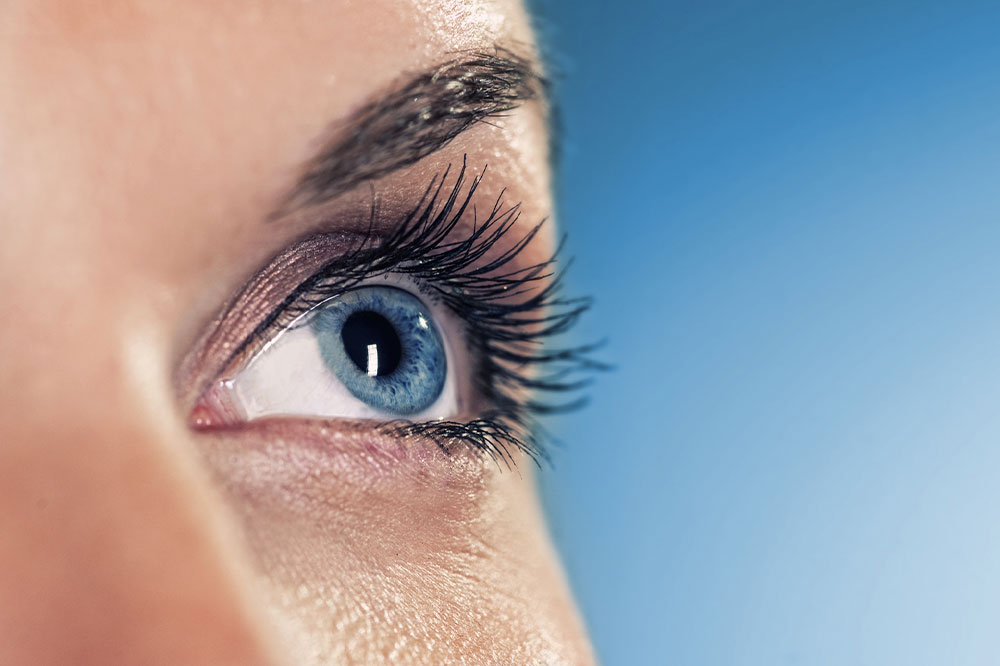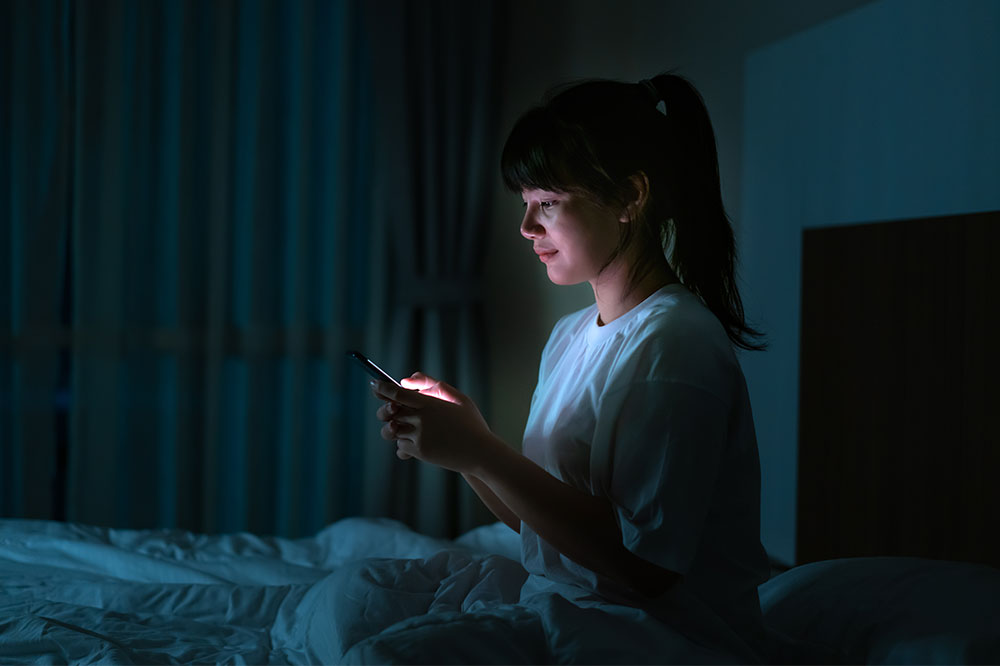10 Things That Can Harm the Eyes

Annual eye exams can help detect changes in vision and also aid in keeping eye infections and diseases at bay. While many eyesight issues can develop due to age and existing health conditions, certain daily habits can increase the risk of such problems. While an ophthalmologist can help one find solutions to correct, improve, and resolve vision-related issues, one should also avoid doing the following things to improve eye health:
Things to avoid
Not choosing nutrient-rich food
The human body needs nutrients and minerals to carry out vital functions. So, when one skips nutrient-rich meals, it can lead to a deficiency that can affect overall health, including vision. Further, a vitamin deficiency can damage the optic nerve. So, one should choose foods that provide essential nutrients; for instance, foods like beans and fresh fruits and vegetables like kale, spinach, and lemon are great additions to meal plans.
Excessive sun exposure
One of the worst things that can hurt the eyes is staring at the sun. Typically, looking at the sun without any protective gear can cause a burning sensation. Here, the damage to the retina develops within a few seconds and causes discomfort. So, healthcare professionals recommend using special-purpose solar-filtered lenses to protect the eyes from such harm.
Staring at screens for long periods
Today, people depend heavily on electronic devices such as computers, TVs, smartphones, and tablets. Studies have shown that people of all ages blink less when looking at a screen, which can lead to dryness and strain in the eyes. If left untreated, these minor issues can contribute to poor vision. So, to steer clear of such problems and maintain eye health, one can use the 20-20-20 rule recommended by the American Optometric Association. According to the rule, one must take regular breaks from the screen every 20 minutes and try to focus on an object at least 20 feet away from them for 20 seconds.
Rubbing the eyes
When one experiences irritation in the eyes, they are likely to rub them. While this can provide temporary relief, it can also increase the chances of introducing bacteria and dirt to the eyes. This can lead to problems such as conjunctivitis or pink eye. In addition to this, rubbing the eyes can also cause permanent corneal damage in the form of keratoconus—a condition where the cornea begins to thin and bulge outward, breaking the vessels around the eye. So, as an alternative, one can try blinking rapidly or using eye drops to get rid of the dirt.
Using old contact lens cases
Generally, old contact lens cases can have a buildup of bacteria from storing all the previous lenses. This can happen even if one regularly changes the solution. So, when using the same case for new pairs, the bacteria can latch onto the surface and multiply. Further, placing these contacts into the eyes can lead to painful problems such as corneal ulcers, infections, and open sores. These can cause vision issues like sensitivity to light and blurriness. So, one should change the lens case every 3 to 4 months.
Using expired lenses
Daily contact lenses are meant to be used for a day and then trashed. Similarly, monthly disposable lenses should only last 30 days. This means one must only wear such lenses during waking hours and dispose of them at the end of the day. But many make the mistake of using the same contact lenses for longer than advertised. This increases the risk of developing infections and can even threaten the vision. So, one should strictly adhere to the manufacturer’s guidelines and remove the lenses before going to sleep.
Wearing lenses while swimming
The most common thing one does that harms the eyes is wearing contact lenses while swimming. While it may seem harmless, this can cause bacteria to enter the eye. In severe cases, the eye can be exposed to microscopic amoeba leading to problems ranging from irritation to potential vision-threatening conditions like corneal ulcers and acanthamoeba keratitis (a rare eye infection).
Not wearing sunglasses
Excessive exposure to UV rays can damage the eyes, especially the surface tissues, lens, and cornea. Additionally, over time, this damage can lead to major problems such as eye cancer, cataracts, and age-related macular degeneration. In rare cases, prolonged UV exposure can even lead to photokeratitis—a painful sunburn in the eyes. So, to protect the eyes, one should wear sunglasses whenever they step outside, even during cloudy weather. But while choosing glasses, one should opt for the ones that provide 100% UV protection.
Ignoring safety goggles
Whether one is mowing the lawn or undertaking construction projects or a minor home improvement project, one must wear protective gear, including safety goggles, to protect the eyes. According to the Centers for Disease Control and Prevention (CDC), approximately 2,000 workers in the country experience eye injuries every year. So, skipping safety goggles while working around the house can considerably increase the chances of eye injuries.
Skipping annual eye exams
Although this may seem obvious, skipping eye checkups can be one of the worst things one can do to hurt eye health. In most cases, even when one does not experience any changes in eyesight or the eyes themselves, they could be ignoring the occasional strain or squint. In addition, ophthalmologists have noticed that many eye problems may develop without any significant symptoms. So, it is necessary to schedule appointments once a year and try to recognize early signs of common eye conditions. During the checkup, the specialist will dilate the eyes and examine them to look for any abnormalities. This enables early detection and diagnosis of issues, and one may get timely treatment to better manage and improve eye health.







